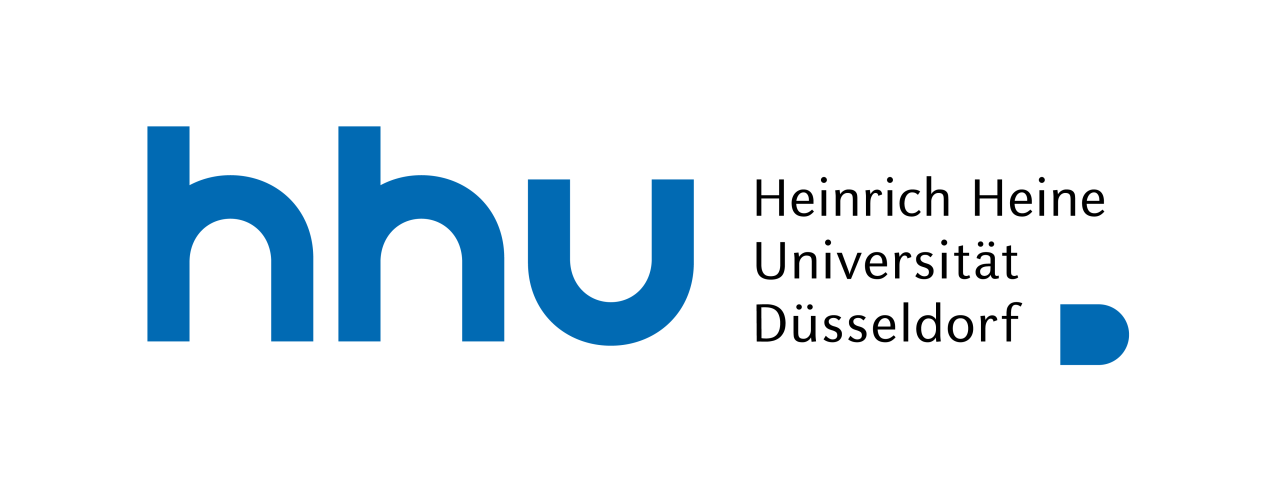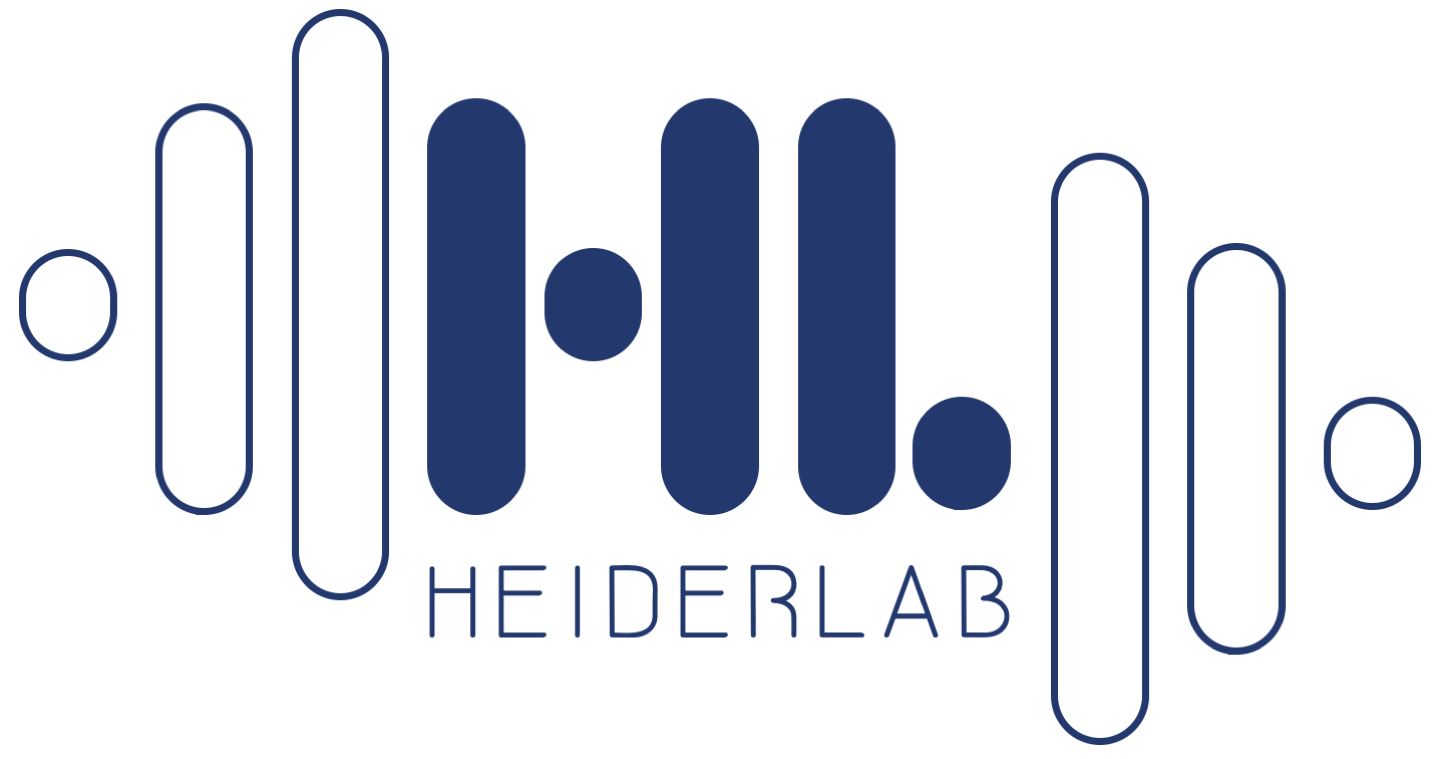New publication!
Our new article has been accepted in NAR Genomics and Bioinformatics:
Philipps-Universität Marburg
Park Y, Hauschild AC, Heider D: Transfer learning compensates limited data, batch effects and technological heterogeneity in single-cell sequencing. NAR Genomics and Bioinformatics 2021, 3(4):lqab104. (Link)
Abstract
Tremendous advances in next-generation sequencing technology have enabled the accumulation of large amounts of omics data in various research areas over the past decade. However, study limitations due to small sample sizes, especially in rare disease clinical research, technological heterogeneity and batch effects limit the applicability of traditional statistics and machine learning analysis. Here, we present a meta-transfer learning approach to transfer knowledge from big data and reduce the search space in data with small sample sizes. Few-shot learning algorithms integrate meta-learning to overcome data scarcity and data heterogeneity by transferring molecular pattern recognition models from datasets of unrelated domains. We explore few-shot learning models with large scale public dataset, TCGA (The Cancer Genome Atlas) and GTEx dataset, and demonstrate their potential as pre-training dataset in other molecular pattern recognition tasks. Our results show that meta-transfer learning is very effective for datasets with a limited sample size. Furthermore, we show that our approach can transfer knowledge across technological heterogeneity, for example, from bulk cell to single-cell data. Our approach can overcome study size constraints, batch effects and technical limitations in analyzing single-cell data by leveraging existing bulk-cell sequencing data.

